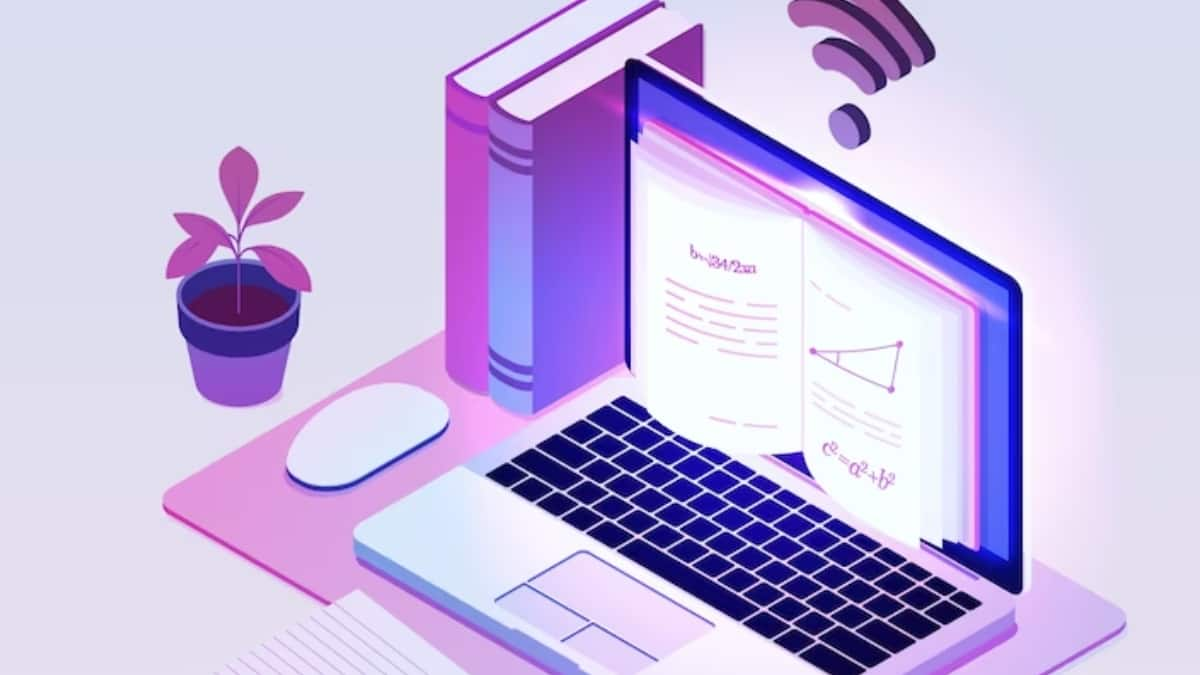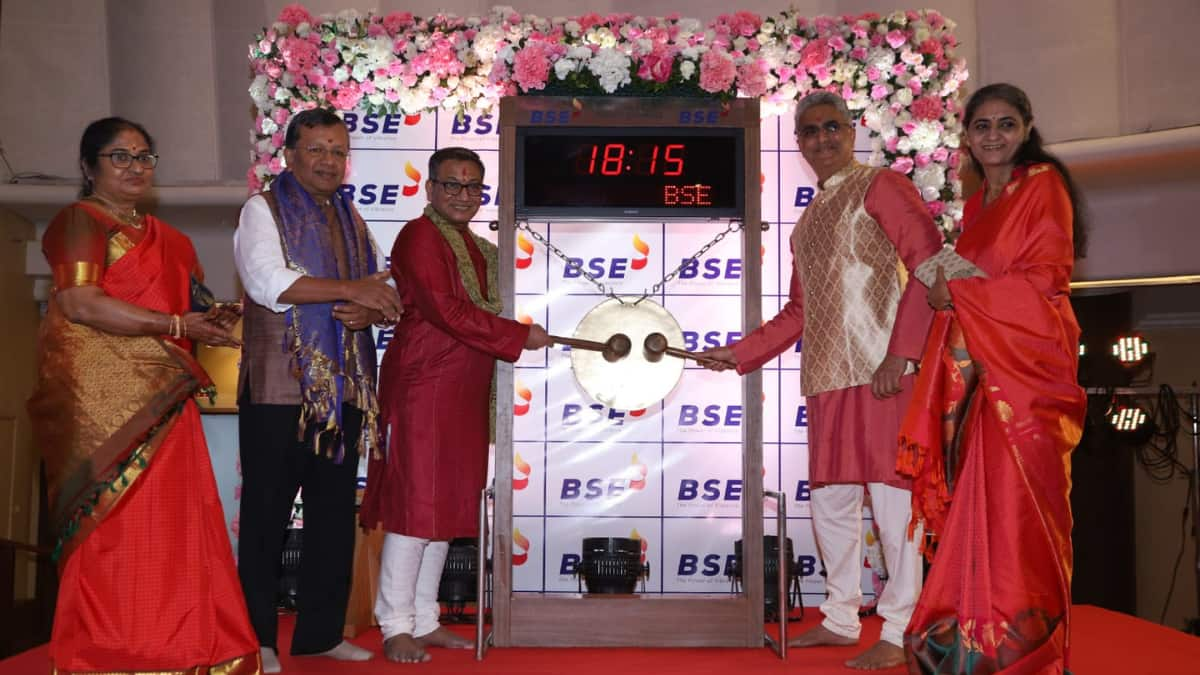Ed-tech providers and digital literacy; bridging the educational gap

By Atharva Puranik
As the world is moving towards modernity, people’s connection with technology is seeming to get stronger. This has drastically transformed the education system in recent years. The conventional approach to education has undergone a profound change with the emergence of EdTech platforms. The edtech market in India is anticipated to reach $10 billion by 2025.EdTech providers play a crucial role in narrowing the educational divide and revolutionizing the methods through which students ready themselves for their board examinations.
For any student, board exams are the most important part of their academic journey. And Edtech providers have recognised this and offer numerous resources to help students in their preparation. Online platforms offer curated study materials, practice tests, and interactive content that cater to various learning styles. These resources allow students to prepare better as per their needs.
One-to-One interaction:
One of the most advanced features that Edtech offers is the ability to conduct one-to-one interactions with students. Through video conferences and virtual tuitions, students can connect with tutors who can provide personalized guidance and address their specific queries. This individualized attention can significantly enhance a student’s understanding of complex concepts and boost their confidence.
Teaching students through memes and animation:
With the advancement of technology, learning is no longer dull or boring. Today edtech platforms include numerous creative and engaging teaching methods which have made learning fun and knowledgeable. Creative elements like memes, and animated videos are used by educators to simplify complex topics and make learning way more fun. This approach not only makes education more enjoyable but also enhances comprehension and retention.
Virtual sessions and focus on mental health:
The COVID-19 pandemic brought to light the importance of mental health in education. EdTech providers have integrated features to promote mental well-being among students. Virtual sessions are conducted to discuss topics like stress management and mindfulness which can help students cope with the pressure of exams. Apart from this, these platforms offer numerous opportunities for students to communicate with peers. This helps them lessen the feeling of isolation and create a sense of community.
Technology has made accessibility more straightforward
With the widespread availability of smartphones, access to educational content has become more convenient than ever. One of the significant achievements of EdTech is its ability to reach students in rural and remote areas. Most of the Edtech platforms are optimized for every type of device including mobile phones, helping students to learn from wherever they want to. This accessibility empowers students to manage their study schedules and access resources at their convenience, making learning a part of their daily routine.
No limit to learning with with new ed-techs
Digital literacy is not just a one-time achievement but a life long process. And Edtech platforms play a crucial role by offering a variety of opportunities including learning that has no limit, enabling individuals to continually upgrade their digital skills as technology evolves. In a world where technology is constantly changing, this has become extremely important.
In short, digital literacy and edtech providers are seamlessly bridging the educational gap by offering innovative solutions that cater to the diverse needs of students. Their role in fostering access to quality educational content, promoting critical thinking and digital citizenship, and equipping students with technology-related skills cannot be overstated. And as they continue to navigate an increasingly digital world, EdTech providers will remain essential partners in preparing students for the future.
The author is co-founder of Padhle, an ed-tech platform. Views are personal.



Leave a Comment